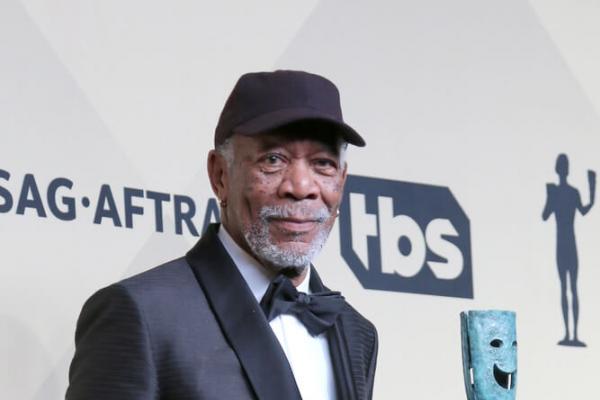Mar 19, 2019
Morgan Freeman’s dulcet tones make him one of the most recognizable voices on the planet. He has used his presence to become one of the most famous actors of his generation, during which time he won the Academy Award for Million Dollar Baby, was nominated four more times, and has also picked up Golden Globe and Screen Actors Guild gongs. In recent years, Freeman has been focused on the documentary series The Story Of God With Morgan Freeman.
Read the Full Article

Already a subscriber? Login
